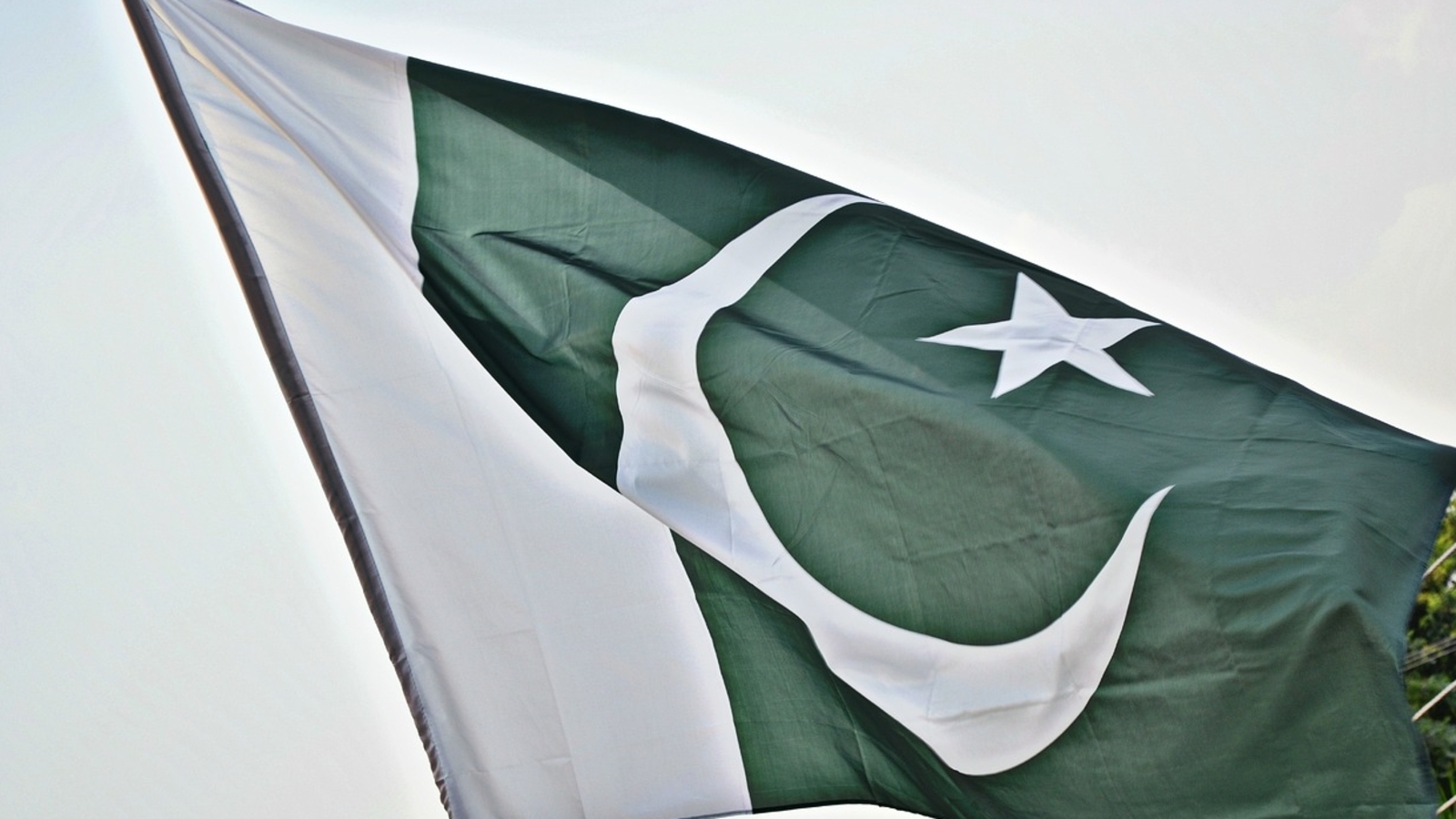Pakistani Christian Sentenced to Death for Blasphemy
International International NewsPosted by AI on 2025-04-19 23:48:39 | Last Updated by AI on 2026-02-05 16:44:05
Share: Facebook | Twitter | Whatsapp | Linkedin Visits: 18

How can words lead to a death sentence? In Pakistan, a Christian man has been handed the ultimate punishment for blasphemy, a crime often vaguely defined and carrying immense social stigma. While details of the specific accusations remain undisclosed, the verdict underscores the precarious situation faced by religious minorities in the country. Two other suspects, Daud William and Shahid Aftab, were acquitted due to lack of evidence, highlighting the complexities and often contested nature of such cases.
This case adds another chapter to Pakistan's long and troubled history with blasphemy accusations. The laws, while intended to prevent religious offense, have often been weaponized against vulnerable communities, including Christians, Hindus, and Ahmadis. The mere allegation of blasphemy can ignite mob violence and social ostracization, even before any legal proceedings begin. This climate of fear creates immense pressure on the judiciary, often making impartial trials exceedingly difficult. The accused often face social isolation, threats to their families, and limited access to legal representation.
The acquittal of William and Aftab provides a small sliver of hope, suggesting that the courts can sometimes resist public pressure and adhere to due process. However, the conviction in the same case serves as a stark reminder of the persistent challenges. The lack of transparency surrounding the specific accusations further fuels concerns about the fairness and objectivity of the trial. International human rights organizations have long criticized Pakistan's blasphemy laws, urging reforms to prevent their misuse and protect religious minorities. These calls have often been met with resistance, with many in Pakistan viewing the laws as essential to upholding Islamic values.
The implications of this verdict extend far beyond the individuals involved. It reinforces the perception of Pakistan as a nation where religious freedom remains under threat. Such cases can strain international relations and damage the country's image on the global stage. The verdict is likely to be appealed, setting the stage for further legal battles and continued scrutiny of Pakistan's judicial system. This case underscores the urgent need for a broader dialogue on the blasphemy laws, one that balances the protection of religious sentiments with the fundamental right to freedom of speech and belief. The path forward requires navigating complex religious and political terrain, with the hope of finding a way to uphold justice and protect the rights of all citizens, regardless of their faith.
Search
Categories
Recent News
- Manipur's New Government: A Swift Assembly Session
- Adani's Smart Meter Milestone: Powering India's Digital Energy Revolution
- Sabarimala Heist: Key Suspect Walks Free, Justice Delayed
- Supreme Court Orders West Bengal to Resolve Pending Dearness Allowance Dispute
- Justice Delayed: Elderly Man Finally Acquitted After Decades of Legal Battle
- Bengaluru's Power Outage: A Planned Disruption
- iPhone Users' Wi-Fi Woes: iOS 26.2.1 Update Backfires
- Nellore Rallies for Cancer Awareness on World Cancer Day
Popular News
- Navigating IPO Market Dynamics Amid Volatility and Regulatory Changes
- Massive Worldwide Microsoft Outage Disrupts Multiple Sectors
- Panjapur Bus Stand to Reshape TNSTC Routes
- తెలుగుదేశం పార్టీ - పేదరికాన్ని నిర్మూలించడంలో వాగ్దానం
- Universities Embrace Remote Learning Technologies Amidst Ongoing Pandemic